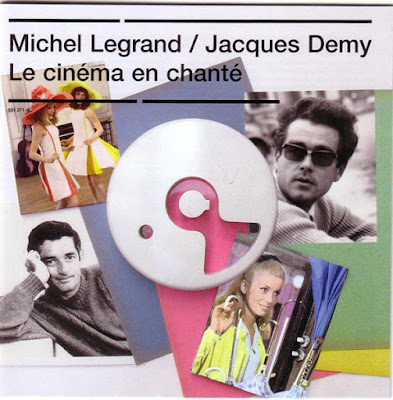When the most unfashionable band in existence became the most fashionable band in the era of the new romantic. How they made that work is a total mystery to me. Japan's first two albums I have heard bits and pieces but never could take them seriously due to their appearance and worse, the name of their band. It's common knowledge that bands that name themselves after places, especially countries, in theory, suck. Yet somehow, David Sylvian, Mick Karn, Steve Jansen (David's brother), Richard Barbieri and guitarist Rob Dean managed to turn themselves into sophisticated sonic artists.
It's like they made a deal with Satan at the crossroads. Nevertheless, it must have been an 'ah-ha' moment for all those involved.
What's interesting, and who I think is an essential person in their change of tactics is their producer John Punter. Punter worked with Bryan Ferry and Roxy Music on their/his early solo recordings The first thing I think of when listening to Japan is Roxy Music. Sylvian took on the Bryan Ferry voice mannerisms, and the instruments became more Roxy like, but with additional sonic textures that were their own making. The interesting thing about Sylvian is that he truly transform himself into a different type of singer/performer/writer. Sylvian's songs reflected his mood, but with a European icy aesthetic that pretty much removed them from their London roots. Also in future recordings, they worked with Steve Nye, another long-term Roxy/Eno associate. The results of these relationships and in the band's artistry is remarkable.
"Quiet Life" is the first 'new' version of Japan. The original vinyl album had eight songs, but the CD reissue has 12 altogether, with two being remixes for the 12" market, and the additional "Life in Tokyo" produced and co-written by the great Giorgio Moroder. Sylvian is not a man of action, but a figure who reflects on his surroundings, and contemplates on the nature of his world. With his deep ballad (Ferry like) croon, his voice floats over the instrumentation, which has one very particular instrument - and that's Mick Karn's fretless bass. Karn is the secret ingredient to Japan's success. Sylvian looked like a cross-dressing fashion model out of Vogue, but Karn had a Mediterranian good looking vibe, but also his distinctive playing of the bass is a huge part of their overall sound. In a sense, it is like there are two singers in Japan. Sylvian with his voice and the other voice is the bass. Also noted is that the front cover is Sylvian by himself, but the back cover is Karn. Which suggests that the band is Sylvan on one side, and the other is Karn, with the rest of the group being in the middle of those two, as they are displayed in the inner sleeve. The keyboard work from Barbieri (as well as Sylvian) is never based on chords, but more with sound. It's very organized musiques concréte, with jazz-like drumming from Jansen.
The weird juxtaposition of them being pin-up teen idols, but with a very sophisticated sound must have been an odd experience for both the fan and musicians. Although the music is loose, it is still very contained in an airless box, which makes listening to a "Quiet Life" an exciting experience. The songs are all beautiful. The pacing is quite slow, but it's the textures that keep one's interest throughout the album. Their cover of the Velvet Underground's "All Tomorrow's Parties" is a perfect vehicle of a song for them to do. On the surface captures the sense of dread within a social world, and Japan, at this point, is out of that world, and in a much-confined inner-world.
"Quiet Life" is by no means an ambient album, but I think a listener can tell that the group was heading toward a place that is 'furniture music' (Satie), but here they still explore the boundaries of the pop music format. If the new listener can get past their silly name, one will be awarded an impressive landscape that is Japan's music.














